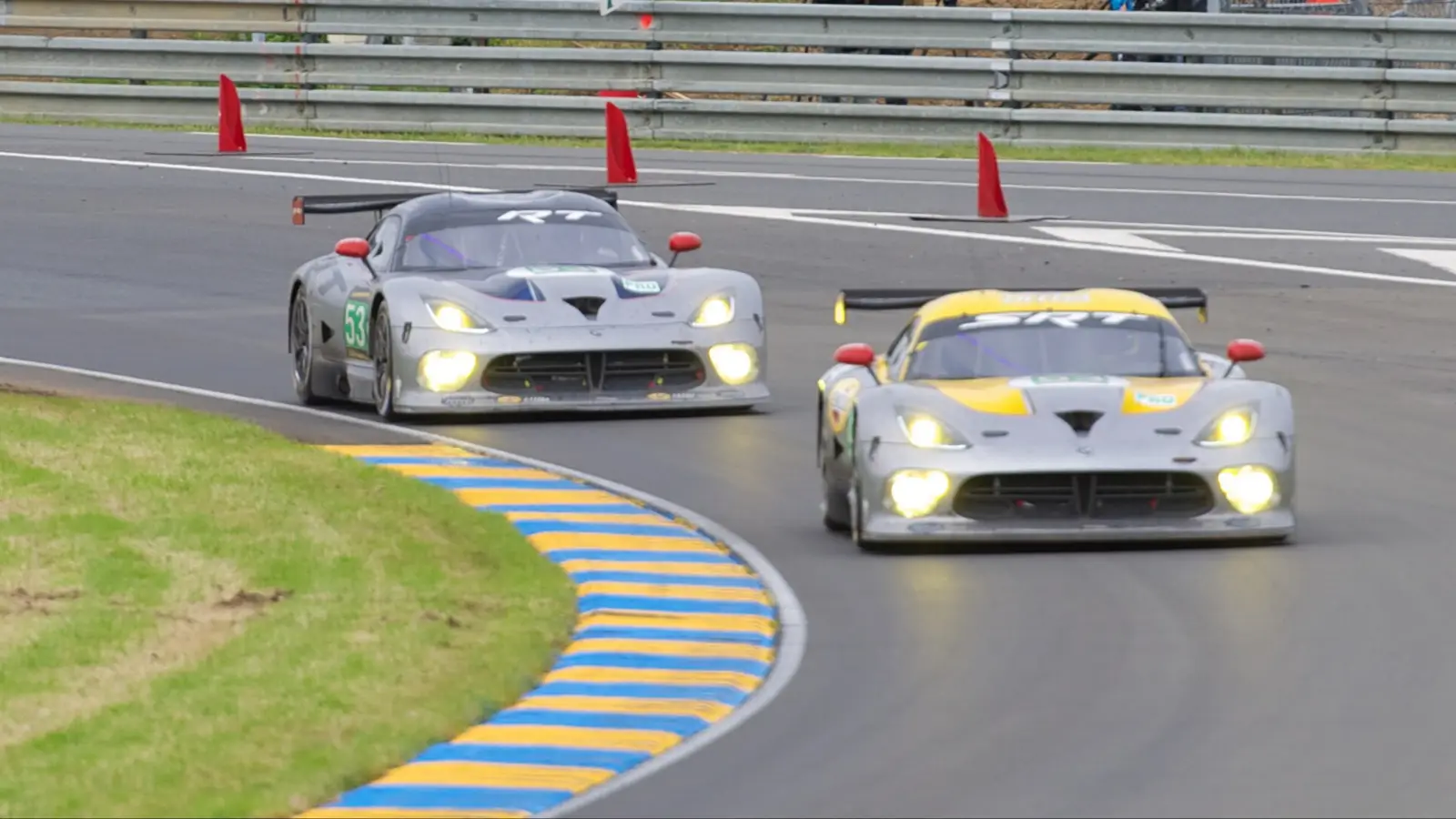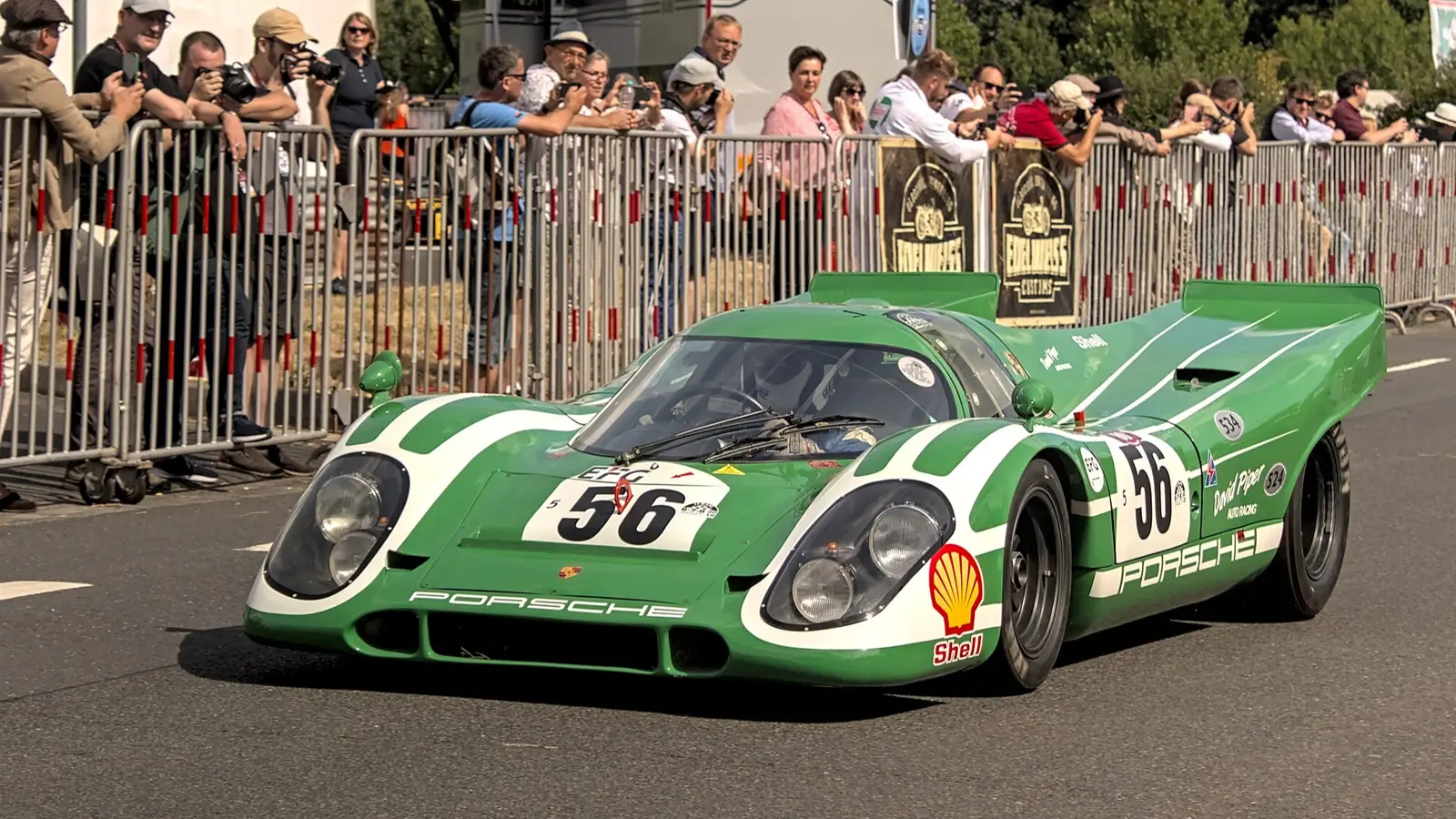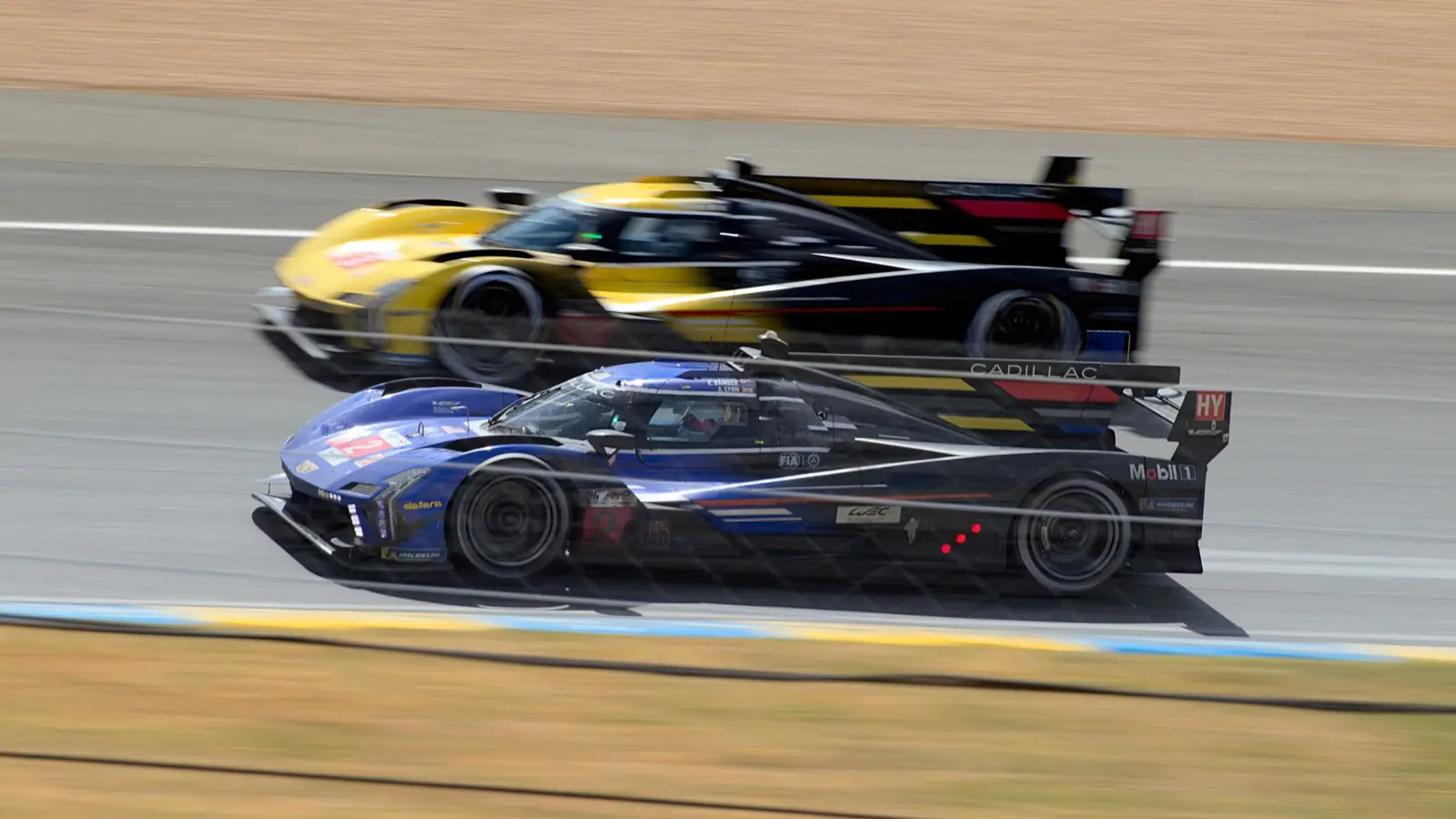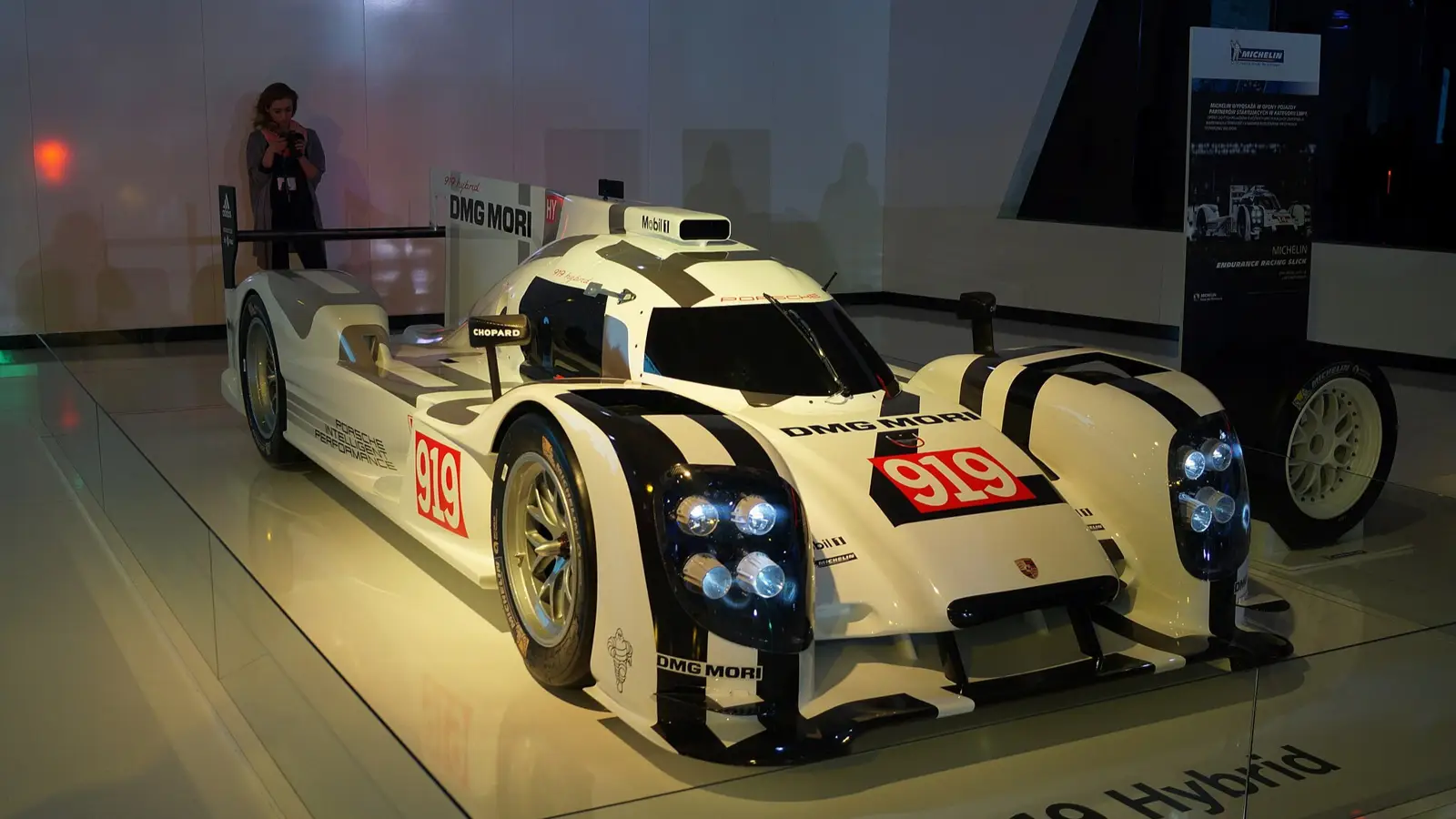The 24 Hours of Le Mans: Racing History, Industry Influence, and Cultural Impact

Discover the history of the 24 Hours of Le Mans, its impact on the automotive industry, technological progress, and cultural significance in global motorsport.
Every summer, the French town of Le Mans turns into the beating heart of motorsport. Since its debut in 1923, the 24 Hours of Le Mans has grown into much more than a race. It’s a stage for engineering brilliance, a test of human endurance, and one of the most influential events in automotive history.
The Early Years: Racing’s Romantic Era

The race was born from the vision of the Automobile Club de l'Ouest. That first edition in 1923 quickly became a battleground for Europe’s finest — Bugatti, Bentley, Alfa Romeo. A win here was a statement: your car could survive the toughest conditions imaginable.
War, Tragedy, and Rebirth
World War II forced a decade-long pause. But in 1949, Le Mans roared back to life, bringing with it legendary duels between Ferrari, Jaguar, Aston Martin, and Mercedes-Benz. In 1955, tragedy struck — Pierre Levegh’s Mercedes crashed, killing 84 spectators. It remains motorsport’s darkest day and forever changed the approach to safety worldwide.
The Tech Race and a Japanese Milestone

From the 1970s through the 1990s, Le Mans became a proving ground for cutting-edge technology. Porsche dominated, setting endurance benchmarks. Then, in 1991, Mazda made history with the rotary-powered 787B — the first and only Japanese car to win Le Mans.
The Modern Era: Hybrids, Heroes, and Unbelievable Feats

The 2000s saw Audi’s diesel prototypes rewriting the rulebook, followed by hybrid triumphs from Porsche and Toyota. In 2023, Polish team Inter Europol Competition clinched the LMP2 win — remarkably, with driver Fabio Scherer racing over eight hours on an injured foot.
Le Mans is no stranger to unusual stories. In 2016, quadruple amputee Frédéric Sausset finished the race in a specially adapted car. Back in 1988, WM Peugeot hit a mind-blowing 405 km/h on the Mulsanne Straight — still an unbeaten speed record.
Shaping the Industry, Inspiring the Culture

Le Mans has always been more than a race. It's where hybrid systems were battle-tested and aerodynamic standards redefined — lessons that filtered down into everyday cars. Winning here is about engineering supremacy, not just glory.
Culturally, Le Mans left a mark. It inspired the film Ford v Ferrari, became part of local heritage with its own museum, and pumps millions into the regional economy every year. People don’t just watch Le Mans — they live it.
Today, Le Mans remains a crossroads of future technology and classic racing spirit. With hydrogen power and sustainable innovations on the horizon, its impact on the automotive world is far from over. While the race for victory continues, Le Mans has already secured its place in history.
Ethan Rowden
2025, Mar 18 22:00


